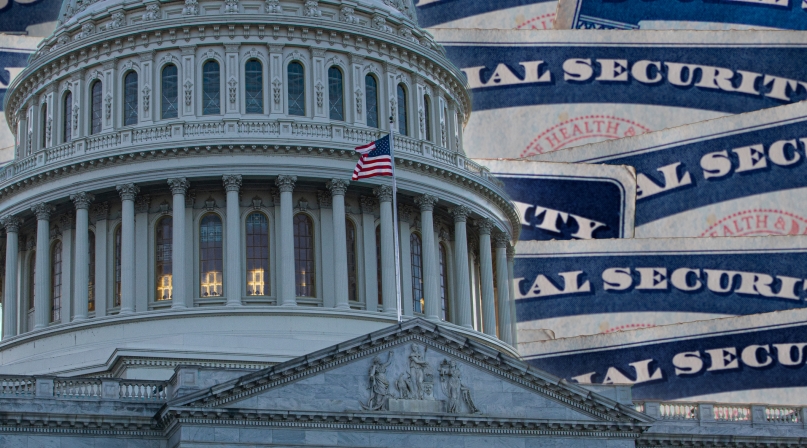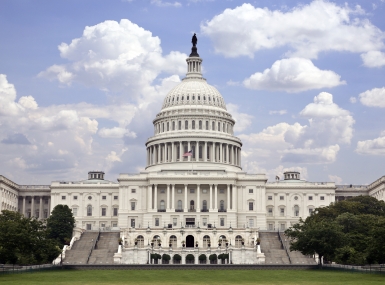Social Security Fairness Act signed into law
Author

Paige Mellerio

Emma Conover
Upcoming Events
Related News

Key Takeaways
On January 5, the bipartisan Social Security Fairness Act (H.R. 82) was signed into law, repealing the the Windfall Elimination Provision (WEP) that impacts the retirement benefits of certain public sector employees. Eliminating the WEP gives public employees access to their full social security benefits, putting an end to a reduction of benefits for 2.1 million county and state employees.
The Social Security Administration has released guidance and updated forms to reflect the Social Security Fairness Act. Impacted county officials are encouraged to seek information from the Social Security Administration.
What to know about the Windfall Elimination Provision
- The WEP is a formula used to calculate Social Security benefits for individuals who have worked both public and private sector jobs, leaving them with both social security benefits and non-covered pensions at retirement.
- The WEP was created to minimize “double-dipping” between private pensions and Social Security but ultimately penalizes those who have served in both sectors and reduces their benefits.
- This penalty is particularly salient given county workforce shortages, potentially deterring talent from serving in the public sector.
How did the Social Security Fairness Act pass?
On January 5, President Biden signed the Social Security Fairness Act into law. This comes after the U.S. Senate and House voted 76-20 and 327-75, respectively, to pass H.R. 82. These vote tallies demonstrate overwhelming bipartisan support for county officials to receive their full range of retirement benefits.
Counties applaud the U.S. Congress for enacting H.R. 82 to eliminate WEP and make benefits fairer to individuals who split their careers between the private and public sector.
Advocacy
IRS Announces Direct Pay Election Extension for Clean Energy Projects
The IRS has granted extensions to file Form 990-T for those making a Direct Pay election.

Related News

County Countdown – Dec. 15, 2025
Every other week, NACo's County Countdown reviews top federal policy advocacy items with an eye towards counties and the intergovernmental partnership.

U.S. Congress passes reconciliation bill: What it means for counties
On July 3, the U.S. Congress passed sweeping budget reconciliation legislation.

U.S. Senate passes amended reconciliation bill text: What it means for counties
On July 1, the U.S. Senate narrowly passed their version of sweeping budget reconciliation legislation.